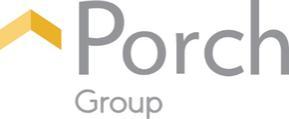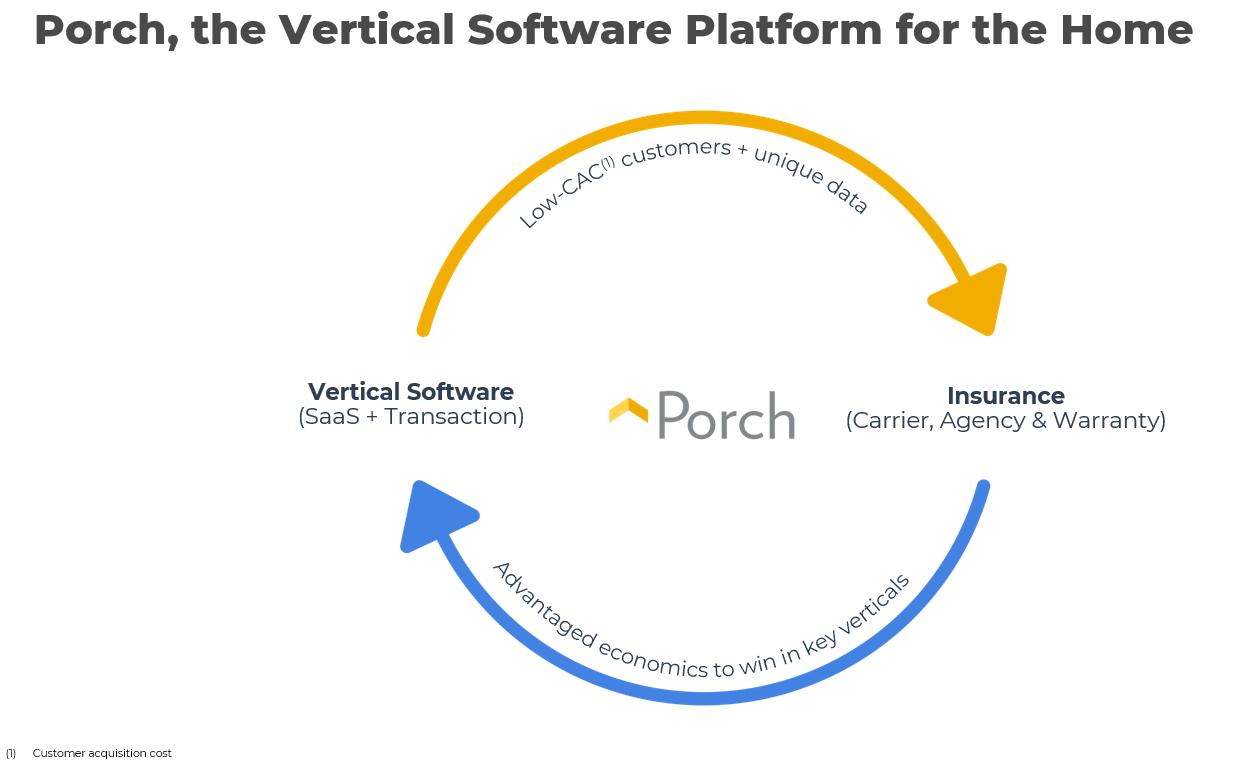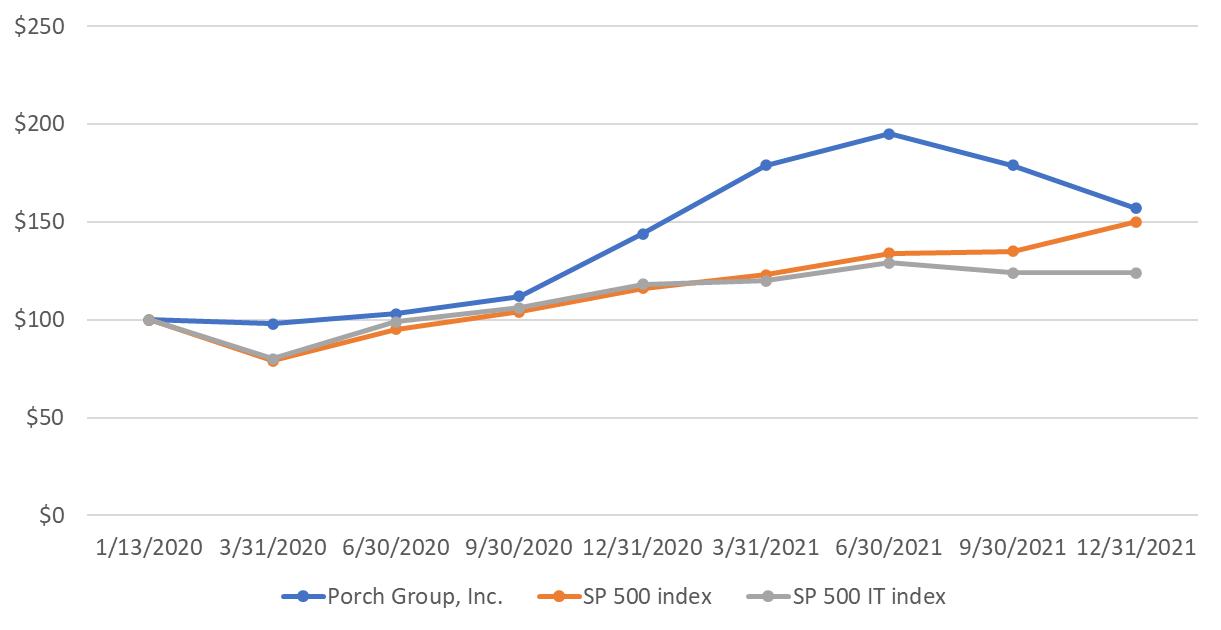If the acquisition of CSE closes, we will have additional exposure to risks associated with the insurance business. The acquisition of CSE will expand the geographies in which we have exposure to the property insurance business, particularly in California, an area that is subject to severe weather events, including wildfires and flooding. While we intend to manage our risk via reinsurance, there can be no guarantee this will adequately reduce our exposure to losses, including, but not limited to, the inability to negotiate reinsurance contracts at renewal at acceptable terms or at all, large catastrophes that exceed our aggregate reinsurance coverage limits, the inability or unwillingness of counterparties to pay us reinsurance receivables we believe we are owed, and multiple losses in a single year that could exceed our ability to reinstate reinsurance contracts. Additionally, the automobile insurance business can be highly competitive, competing through product coverage, reputation, financial strength, advertising, price, customer service and distribution, and, except for regulatory considerations, there are relatively few barriers to entry. Moreover, expansion of our product offerings will result in increases in costs and expenses.
In addition, the acquisition of CSE is subject to a number of closing conditions, including receipt of approval from the California Department of Insurance. There can be no assurance that we will be able to obtain the required approvals, in a timely manner or at all. If we are able to complete the acquisition, there can be no assurance that we will be successful in realizing the benefits of the acquisition that we anticipate, and the pendency of the acquisition, as well as the integration of CSE after closing, could result in significant management distraction and disruption of our business.
Increases in parts, appliance and home system prices and other operating costs could adversely impact our business, financial position, results of operations and cash flows.
As a result of our recently completed AHP acquisition, we now offer whole home warranty policies through our AHP subsidiary. The financial performance of our home warranty business line may be adversely affected by increases in the level of our operating expenses, such as refrigerants, appliances and equipment, parts, raw materials, wages and salaries, employee benefits, healthcare, contractor costs, self-insurance costs and other insurance premiums, as well as various regulatory compliance costs, all of which may be subject to inflationary and other pressures. Such increase in operating expenses, including contract claims costs, could have a material adverse impact on our consolidated business, financial position, results of operations and cash flows.
Prices for raw materials, such as steel and fuel, are subject to market volatility. We cannot predict the extent to which our home warranty business line may experience future increases in costs of refrigerants, appliances and equipment, parts, raw materials, wages and salaries, employee benefits, healthcare, contractor costs, self-insurance costs and other insurance premiums, as well as various regulatory compliance costs and other operating costs. To the extent such costs increase, we may be prevented, in whole or in part, from passing these cost increases through to our existing and prospective customers, which could have a material adverse impact on our consolidated business, financial position, results of operations and cash flows.
Our insurance businesses are dependent in part or wholly on commissions, from insurance carriers or reinsurers and depend on our relationships with insurance providers with no long-term contractual commitments. If insurance providers stop working with us or pay us lower amounts for new customers, or if we are unable to establish and maintain new relationships with other insurance providers, our insurance businesses could be materially affected, which in turn could impact our business, results of operations and financial condition.
A substantial majority of the revenue of EIG is currently derived from selling insurance policies to consumers as the insurance agency and then receiving commissions from the insurance carriers. As we grow our insurance business, including through the HOA acquisition, other potential acquisitions in the insurance space and potential expansion from an insurance agency to a managed general agency or insurance carrier, we expect to derive a greater percentage of our insurance revenue from insurance policies and reinsurance policies. Our agreements with insurance carriers are short-term agreements, and many of the insurance carriers can end their business with us at any time with no notice. We expect any future agreements with reinsurers will typically have annual terms. As a result, we cannot guarantee that insurance carriers or reinsurers will continue to work with us, or, if they do, we cannot guarantee the commissions they will pay in the first year of the policy as well as each additional year. The commissions we earn are based on premiums and commission rates set by the carriers, and any decreases in these premiums or commission rates, including as a result of adverse trends in the insurance industry, would decrease our revenue. In addition, we may not be able to attract new


